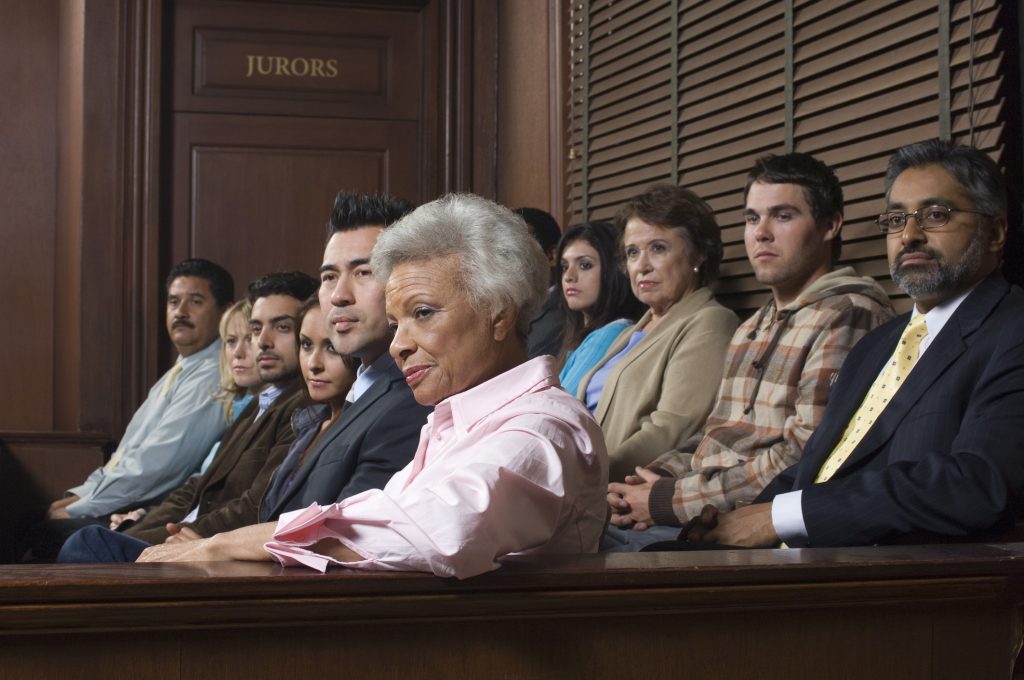“I know you think you understand what you thought I said, but I’m not sure you realize that what you heard is not what I meant.” – Robert McCloskey
At the outset of most examinations counsel will tell the witness something like the following: “If you do not understand any question I ask, please let me know and I will rephrase it.” The problem is, as Mr. McCloskey said, the meaning of a question can be misunderstood. This is as common in the examination room as it is in everyday life. We are so eager to reply that we do not actually listen; we hear the words, but we do not absorb them. We often formulate the answer in our head before the question has been asked in its entirety, assuming that we know what is going to be asked of us.
Particularly during an examination, the questions are often asked with great precision, because counsel is trying to get at a very specific detail, the nature of which remains unveiled to the witness. Hence, it is of detriment to the purpose of an examination of the witness if insufficient attention is paid to the question. The process is unnecessarily prolonged as well because the lawyer has to rephrase and re-pose the question until the witness takes the time and makes the effort to pay close attention.
An examination can be quite stressful for a witness. They may feel like their credibility is put into question, or that their recollection is doubted after sometimes many months or years after the incident they are reporting about. The witness is therefore responding hastily, rushing to get their story out. They would be well-advised to take their time, sit back, think about the question first, only then think about the answer and respond after ensuring that the answer indeed matches the question.
The advice to both counsel and witness is to pay attention. Witnesses should take counsel at their word and ask for a question to be rephrased if it is not clear what the lawyer is getting at with the question. This gives the witness time to think about the question and give a precise and thought-through reply. Counsel, too, should not only come prepared with the questions they want to ask but also be prepared to listen, leaving aside for a moment all other matters that compete for their attention.

